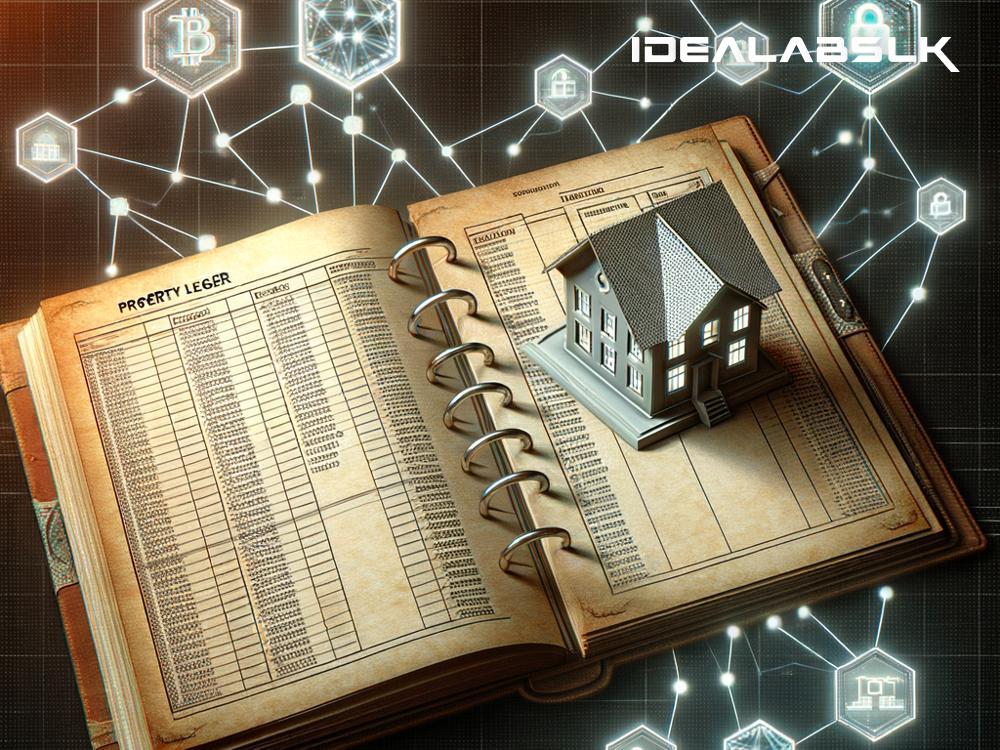Simplifying Property Ownership Proof with Blockchain Technology
In the traditional sphere of buying and selling properties, piles of paperwork, extended timelines, and the persistent fear of fraud can turn what should be an exciting process into a daunting one. Fortunately, with the dawn to digital age, a groundbreaking solution has emerged - Blockchain technology. Let's dive into how this revolutionary tech is simplifying property ownership proof, making the entire process more efficient, secure, and totally transparent.
What is Blockchain?
Imagine a digital ledger that is not controlled by any single entity but instead is distributed across thousands of computers around the world. This ledger records transactions in a way that is permanent and tamper-proof. Each record on this ledger is called a "block," and they are all linked together in a "chain," hence the name Blockchain. Originally developed for Bitcoin, this technology has far-reaching applications beyond cryptocurrencies, including real estate.
Streamlining Property Transactions with Blockchain
Buying a property involves several steps – from establishing ownership to transferring funds, every step historically requires paperwork, verification, and time. Blockchain simplifies this by providing a single, immutable record of property ownership and transactions. Here's how it revolutionizes property ownership proof:
1. Digital Proof of Ownership:
With Blockchain, each property can be given a unique digital signature. Once a property is sold, this signature is transferred to the new owner, thus providing indisputable proof of ownership. This digital deed is stored securely on the Blockchain, making it easily accessible yet impossible to forge or alter without consensus from the network.
2. Reduced Fraud and Enhanced Security:
The decentralized nature of Blockchain means that there is no single point of failure. Unlike traditional systems where records can be tampered with, altering a record in a Blockchain requires changing it across potentially thousands of systems simultaneously, which is practically impossible. This significantly reduces the risk of fraudulent activities, such as forging documents or selling properties without rightful ownership.
3. Faster Transactions:
Buying property usually involves a lengthy process of checks and documentation, which can take weeks or even months. Blockchain can automate these processes through smart contracts - self-executing contracts with the terms of the agreement directly written into lines of code. Once the predetermined conditions are met, the contract is automatically executed, significantly speeding up the transaction process.
4. Lower Costs:
Traditional property transactions involve multiple intermediaries, including lawyers, brokers, and banks, each adding their costs to the process. By enabling direct transactions between parties through smart contracts, Blockchain can eliminate or greatly reduce the need for these intermediaries, lowering the overall cost of property transactions.
5. Increased Transparency:
In a Blockchain, every transaction is recorded sequentially and publicly. This means that every property's transaction history is openly available, providing potential buyers with complete access to its ownership history, value changes, and more. This level of transparency builds trust among parties and makes the buying process more straightforward.
Challenges and Considerations
Despite its promising applications, integrating Blockchain into the real estate sector does come with challenges. Regulatory hurdles, scalability issues, and the need for technological understanding among all parties involved are significant barriers. However, as technology advances and more people become familiar with digital transactions, these challenges are gradually being overcome.
Future Prospects
The use of Blockchain for property ownership proof is still in its early stages, but it's already showing potential to revolutionize the real estate industry. Countries like Sweden, Georgia, and Dubai are experimenting with Blockchain for property registrations and transactions, paving the way for its wider adoption.
As Blockchain technology continues to evolve, it could become the standard for property transactions worldwide, offering a more secure, efficient, and user-friendly method of proving property ownership. The promise of eliminating fraud, reducing costs, and simplifying the buying process could make real estate more accessible and appealing to a global audience.
Conclusion
Blockchain technology offers a brighter future for property transactions, stripping away the complexities and insecurities of traditional methods. By providing a secure, transparent, and efficient means of proving property ownership, Blockchain is set to transform the real estate landscape. While challenges remain, the potential benefits of this technology can not be overstated. As we move forward, it will be exciting to see how Blockchain continues to disrupt and improve the way we buy, sell, and own properties.

